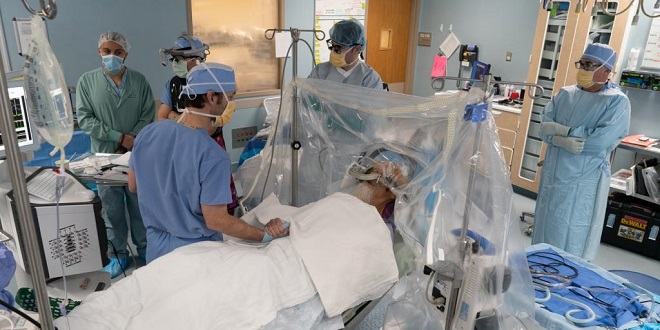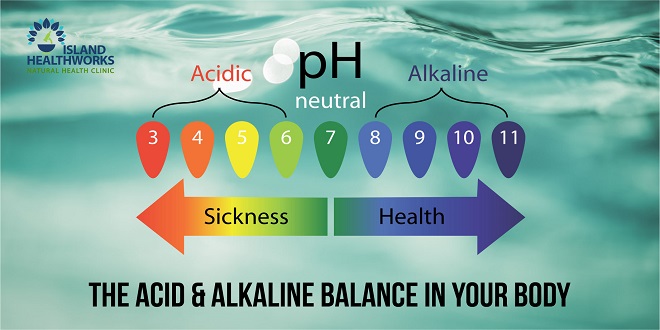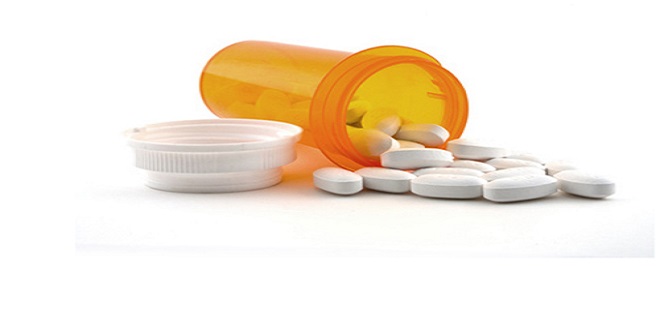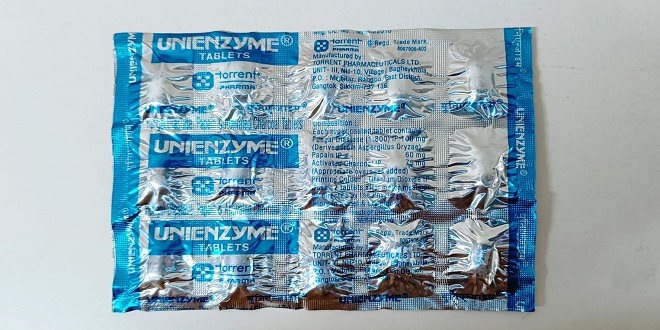Brain Stimulation for Traumatic Brain Injury Patients

Traumatic brain injury (TBI) is a severe condition caused by a blow or jolt to the head that disrupts the normal function of the brain. It can lead to physical, cognitive, and emotional impairments that can last for months or even years. While there are various medications available to treat TBI, brain stimulation techniques are emerging as a promising treatment option. In this article, we will explore the benefits of brain stimulation for TBI patients and the different types of techniques available.
What is Traumatic Brain Injury and How Can Brain Stimulation Help?
Traumatic brain injury is a condition that affects the brain’s ability to function properly. It can cause a wide range of symptoms, including headaches, dizziness, confusion, memory loss, and mood changes. The severity of TBI can range from mild to severe, with the latter resulting in permanent brain damage.
Brain stimulation is a non-invasive technique that involves the use of electrical or magnetic fields to stimulate specific regions of the brain. The aim is to enhance the brain’s natural ability to heal itself by promoting the growth of new neurons and strengthening existing ones.
The Different Types of Medications Used to Treat TBI
The treatment of TBI typically involves the use of medication to manage the symptoms and promote recovery. Some of the most common medications used include:
- Analgesics: These are pain-relieving medications that are used to manage headaches and other types of pain.
- Antidepressants: These medications are used to treat depression, anxiety, and other mood disorders that may arise following a TBI.
- Anticonvulsants: These medications are used to prevent seizures, which can occur after a TBI.
- Stimulants: These medications are used to improve alertness and cognitive function in TBI patients.
Brain Stimulation Techniques for TBI Patients
There are several types of brain stimulation techniques that can be used to treat TBI, including:
- Transcranial magnetic stimulation (TMS): This is a non-invasive technique that uses magnetic fields to stimulate specific regions of the brain. It has been shown to improve cognitive function and reduce depression and anxiety in TBI patients.
- Transcranial direct current stimulation (tDCS): This technique involves the use of low-level electrical currents to stimulate specific regions of the brain. It has been shown to improve memory and attention in TBI patients.
- Deep brain stimulation (DBS): This is a surgical procedure that involves the implantation of electrodes in specific regions of the brain. It has been used to treat severe cases of TBI that have not responded to other treatment options.
Case Studies on the Effectiveness of Medication & Brain Stimulation in Treating TBI
Several studies have investigated the effectiveness of medication and brain stimulation in treating TBI. A study published in the Journal of Neurotrauma found that TMS improved cognitive function and reduced depression and anxiety in TBI patients. Another study published in the Journal of Head Trauma Rehabilitation found that tDCS improved memory and attention in TBI patients.
DBS has also shown promise in treating severe cases of TBI. A study published in the Journal of Neurosurgery found that DBS improved cognitive function in patients with severe TBI who had not responded to other treatment options.
Conclusion
Brain stimulation is a promising treatment option for TBI patients. It has been shown to improve cognitive function, reduce depression and anxiety, and improve memory and attention. While medication is still the primary treatment option for TBI, brain stimulation techniques are emerging as a viable alternative. If you or a loved one has suffered from TBI, it is important to speak to your healthcare provider to determine which treatment options are best for you.





